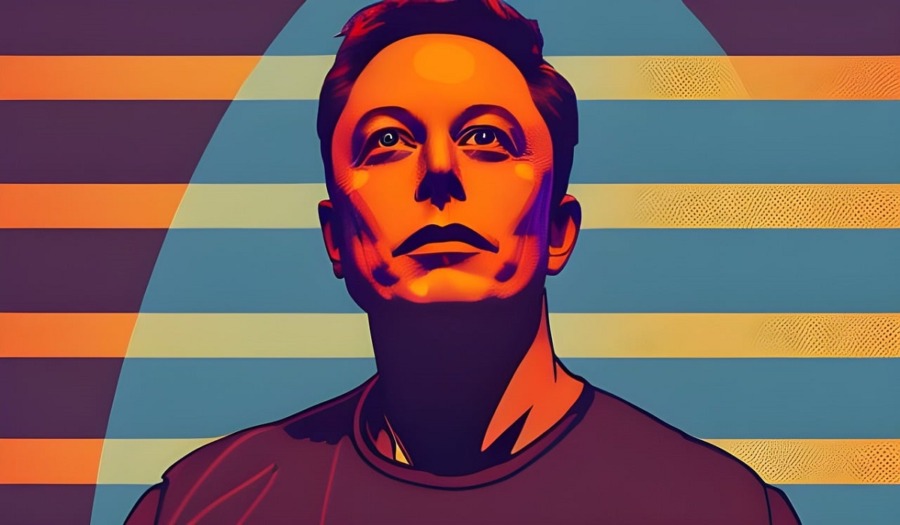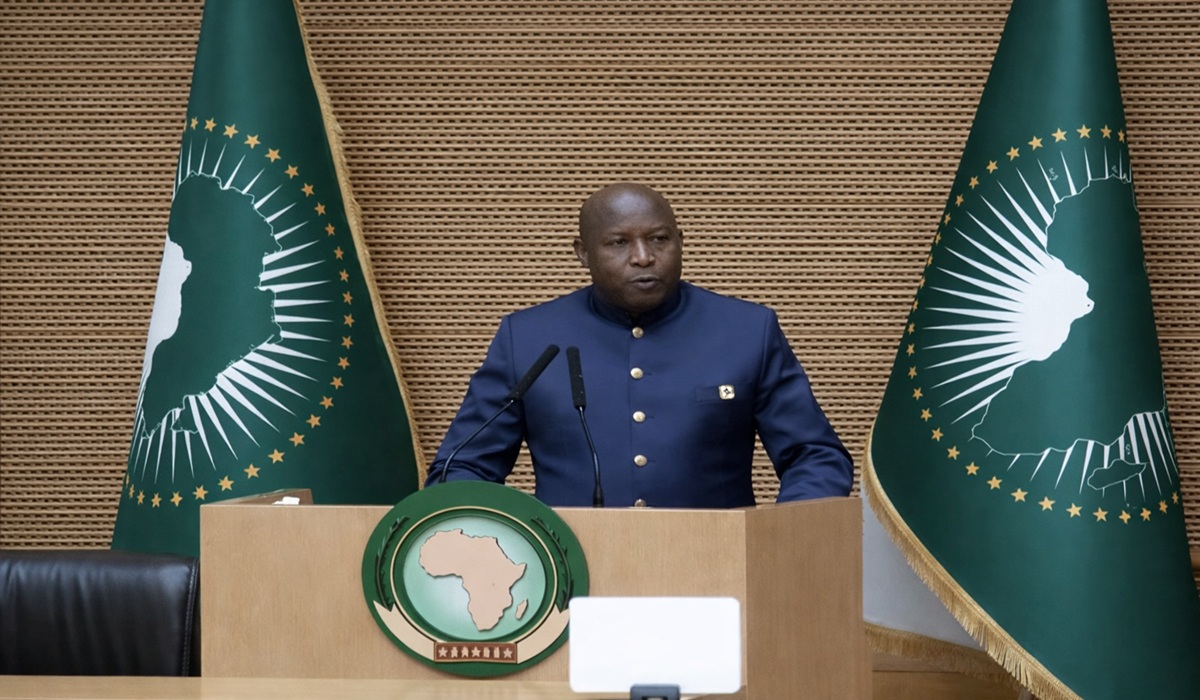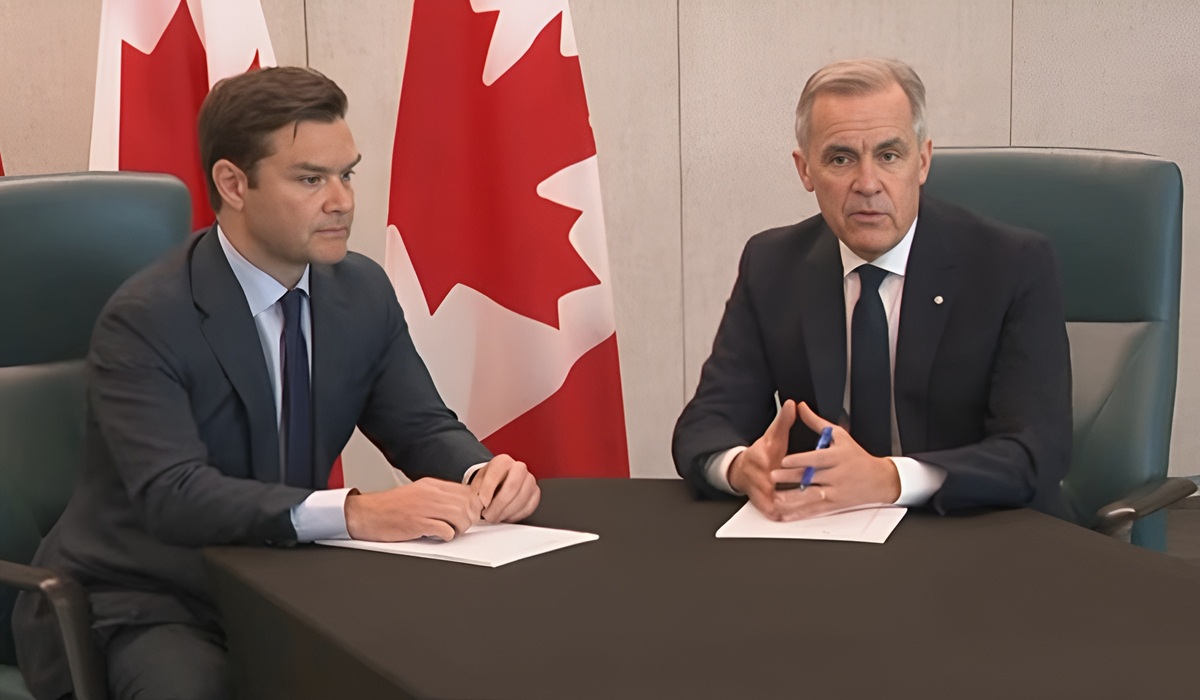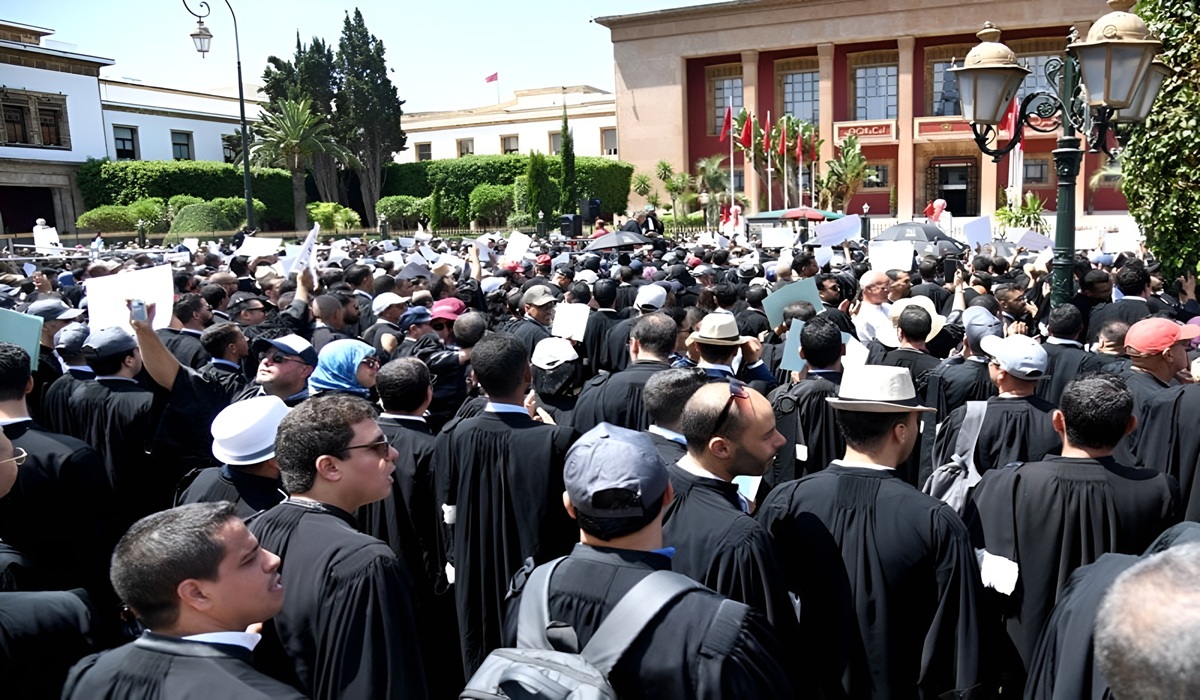Elon Musk has spent years warning about the dangers of artificial intelligence, calling for government regulation to “slow down” development before it becomes a threat to humanity. He has testified before Congress, signed open letters demanding a pause in research, and even compared it to “summoning the demon.” Yet, at the same time, Musk’s own companies—Tesla, Neuralink, xAI (Grok), and The Boring Company—are aggressively pushing the technology to its limits, developing autonomous robots, brain-computer interfaces, and advanced machine learning models. This raises a critical question: Is Musk’s fear-mongering a genuine concern for humanity, or is it a calculated strategy to stifle competitors while he builds his own empire?
Musk has repeatedly claimed that artificial intelligence is humanity’s “biggest existential threat,” suggesting it could lead to “immortal dictators,” an uprising, or even the collapse of civilization. He has urged lawmakers to intervene before it’s too late. Yet, just months after signing a letter calling for a six-month pause in development, he launched xAI and its chatbot Grok, positioning himself as a rival to OpenAI and Google. This contradiction is impossible to ignore. While Musk warns of unchecked power, his companies are racing ahead with breakthroughs that could cement his control over the future of tech.
Tesla’s Full Self-Driving software is among the most advanced systems on the road, processing billions of miles of data to improve its neural networks. The Optimus humanoid robot, another Tesla project, is being trained to perform complex tasks, potentially replacing human labor. Meanwhile, Neuralink is pushing boundaries with brain-computer interfaces, aiming to merge human cognition with machines—a development that raises serious ethical questions about privacy and autonomy. And then there’s Grok, Musk’s answer to other large language models, which he claims is a “truth-seeking” platform, despite being trained on data from X (formerly Twitter), a platform he owns and heavily influences.
The pattern is clear: Musk’s public statements about the dangers of artificial intelligence don’t align with his private ambitions. So why the discrepancy? One explanation is regulatory capture—lobbying for laws that burden competitors while leaving his own companies untouched. If strict rules are enacted, only well-funded corporations like Musk’s would have the resources to comply, effectively crushing smaller startups. Another possibility is distraction. By framing himself as a whistleblower, he diverts attention from how much influence his companies already wield over self-driving cars, brain-machine interfaces, and even social media algorithms.
There’s also the unsettling narrative Musk cultivates—that he alone can save humanity from the dangers he so loudly warns about. He speaks of merging with artificial intelligence rather than fighting it, positioning Neuralink as a necessary evolution. He brands Grok as an antidote to “woke” systems, framing himself as the only trustworthy steward of this powerful technology. This messianic rhetoric masks a deeper truth: Musk isn’t trying to prevent a dystopian future—he’s trying to ensure that his vision of it prevails.
The parallels to Lex Luthor, the iconic supervillain who uses his genius and wealth to control society, are hard to ignore. Musk’s empire spans transportation (Tesla, The Boring Company), communication (X, Starlink), human cognition (Neuralink), and space exploration (SpaceX). If one individual holds the keys to self-driving vehicles, brain implants, social media, and space travel, what does that mean for democracy? The concentration of such power in private hands is unprecedented, and Musk’s repeated warnings may be less about protecting humanity and more about ensuring no one else challenges his dominance.
So, is Musk a visionary or a techno-feudalist? His actions suggest a dangerous double game. He warns of existential risks while building the infrastructure to dominate them. He calls for regulation while ensuring his own companies stay ahead of the curve. The real question isn’t whether artificial intelligence is a threat—it’s whether Musk himself is the threat he claims to be guarding against. As his influence grows, the world must decide whether to take his warnings at face value or recognize them for what they might truly be: a smokescreen for monopoly.









